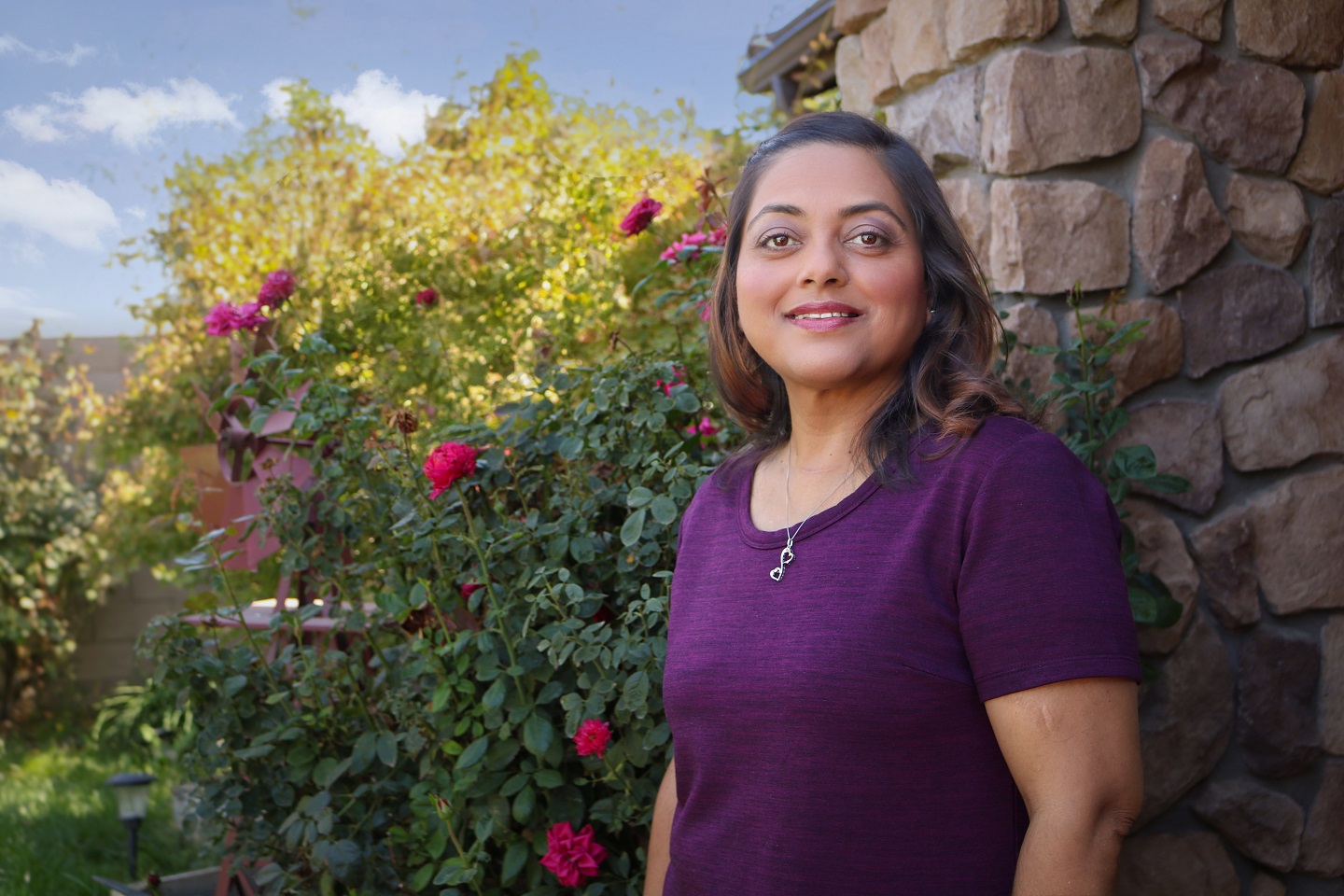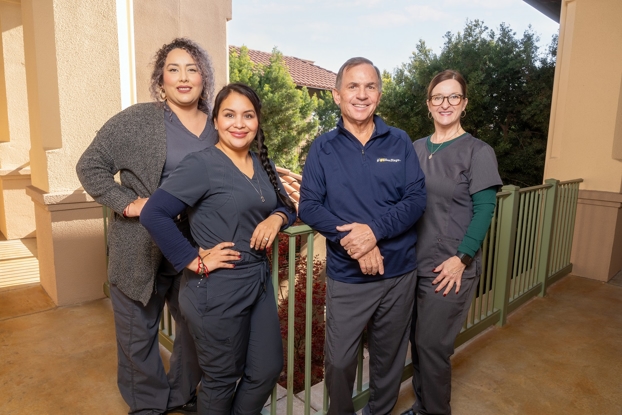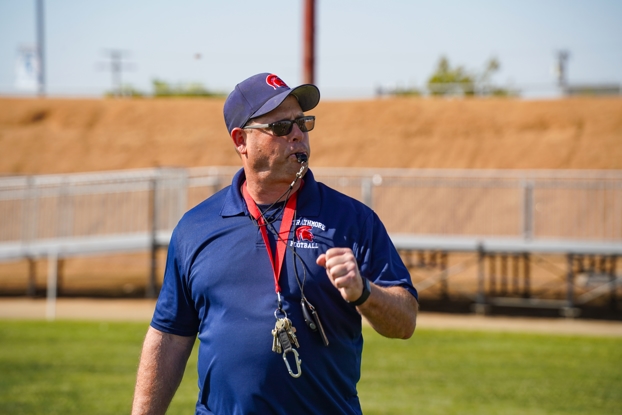A Gift of Life
- Author: Sunny Luna
- Date Submitted: Mar 19, 2024
- Category: General Surgery


Sunny Luna is a Visalia native who currently works as a social worker, helping the people of Tulare County. And while she lives a fairly ordinary life by most standards, her life’s journey is nothing short of extraordinary.
In 1992, towards the end of her senior year in high school, Sunny’s childhood took a dramatic turn when she received a diagnosis of systemic lupus, an autoimmune condition that prompts the body to attack its own tissues and organs. By that time, her kidneys were already being affected by the disease. Despite undergoing intensive treatments including chemotherapy and other medications, both of her kidneys failed shortly after graduating from high school, leading her to undergo dialysis.
In February 1993, Sunny received a call from University of California San Francisco that a kidney was available for her. “As an 18-year old who had been used to a healthy life, all I could think of was that I would never have to come back to the hospital and be hooked up to a dialysis machine — Was I ever wrong,” she remembers. Sunny underwent the procedure, but despite a successful surgery, the transplanted kidney could not resist the lupus infection and failed after only 14 days. Over the following months, Sunny suffered serious complications, including a minor stroke, heart attack, collapsed lungs, and a seizure. She was placed back on dialysis. Despite all of these challenges, Sunny continued taking evening college courses and working towards a degree in social work from California State University, Fresno.
In December 1994, Sunny’s father decided to donate his kidney to Sunny. “The experience that time was wonderful,” she recalls. “I was out of the hospital within a week, and during my recovery, I spent time with my family, cherishing every moment, and realizing that good health is never to be taken for granted.”
Her health improved greatly after that, and Sunny and her husband Chris welcomed the birth of their son Christopher in 2001. Sunny is still doing well today, employed as a social worker in Visalia.
Across the United States, finding suitable organs for transplant is done by organ procurement organizations (OPOs), not-for-profit organizations responsible for recovering organs from deceased donors for transplantation. Donor Network West (DNW) serves the northern California and Nevada regions. In their service area, there are more than 9,000 patients on the waitlist for organ donation, approximately 1,000 of which are located in the Central Valley. The majority of these patients are in need of kidney transplants, followed by those requiring liver, heart, and lung transplants. The current waiting period for a kidney transplant in California is about eight to ten years.
Fewer than one percent of all potential donors meet the specific medical criteria to become one, and recovered organs need to be used within a short timeframe. If a suitable donor is found, a team of doctors is contacted who quickly fly in to rescue the patient’s organs for donation. Immediately after, they fly out and deliver them to patients in need of transplants. It’s a highly choreographed sequence of events that saves lives.
For many people, the only information they have received about organ donation is a checkbox on their driver’s license application, so it is essential to educate the public about the topic. DNW works with dozens of counties across Northern California and Nevada, serving more than 13 million people. They meet with community figures, religious leaders, and educators to learn more about their constituents and the best way to educate them about organ donation. Doing more than 50 presentations each year, DNW helps people make informed decisions that could help others in need.
Thanks to the partnership with Donor West, Kaweah Health is able to contribute to this life-saving program. Kaweah Health Director of Critical Care Services Shannon Cauthen oversees the program for the hospital. “We are deeply touched by all of the patients who volunteer to donate organs,” she says. “To honor those patients, we do what is called an Honor Walk, which gives us the chance to recognize and be thankful for the gift of that patient. During the Honor Walk, the house supervisor or charge nurse announces a patient’s donation, and the leadership team is invited as well. Up to 100 staff members may come out and line the halls as the patient is transported from the unit. In addition to the Honor Walk, an organ donor flag ceremony is later held with DNW and Kaweah Health staff, and the donor’s family. A special flag is raised during a brief ceremony led by a Kaweah Health chaplain.
Learn more about organ donation at DonorNetworkWest.org.


